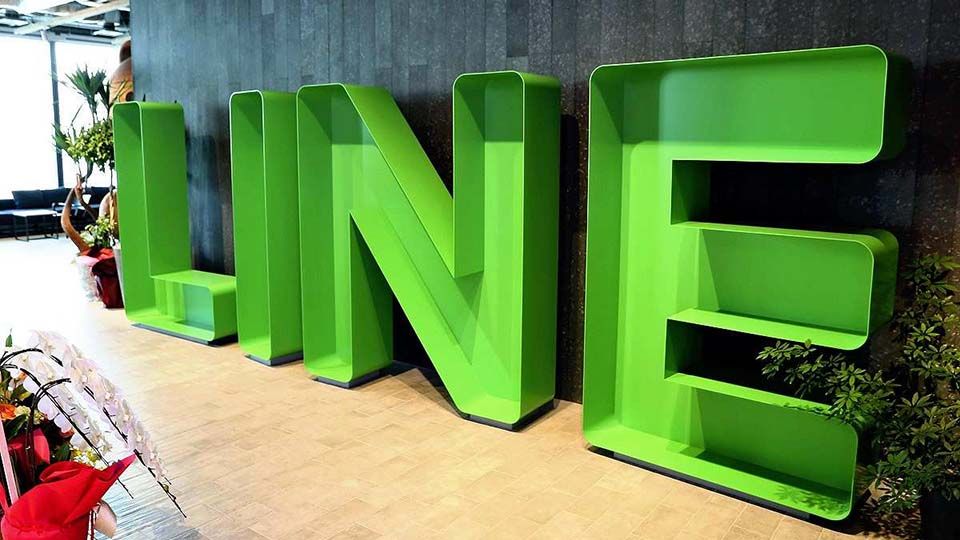July 25, 2024
TOKYO – More than 99% of investment-related ads with allegedly fake celebrity endorsements on Meta Platforms Inc.’s social media platforms were designed to lure people to the Line message app, analysis by The Yomiuri Shimbun and a researcher has revealed.
Many people are believed to have been lured onto Line where they were duped into investing money that they then lost. This could prompt both Meta and Line to take strong countermeasures.
On April 10, businessman Yusaku Maezawa and others complained about a slew of ads touting celebrity endorsement to trick victims into investment scams on Meta-operated social media, such as Facebook and Instagram.
Government officials decided to act, aware that people lured by the social media ads into Line-based conversations ran the risk of being tricked into making the phony investments.
In response to the officials’ move, The Yomiuri Shimbun and Yuya Shibuya, an associate professor at the University of Tokyo, analyzed investment-related ads with allegedly fake celebrity endorsements targeting Japan and posted on Meta-operated social media over a one-month period through April 20.
The analysis focused on social media ads that contained the names and images of 26 celebrities who have told The Yomiuri Shimbun and others that they did not run the ads. The analysis examined a total of 1,570 ads, the details of which had been confirmed at the time of the original posting.
The analysis found that 1,567 ads, or 99.8%, contained URLs that led people to Line or contained such messages as “Add to Line friends.”
Platforms in principle are not allowed to monitor communications in so-called closed chats, such as Line’s group chat feature, due to a clause in the Constitution that stipulates: “No censorship shall be maintained, nor shall the secrecy of any means of communication be violated.”
Criminal groups are therefore believed to be exploiting these services.
According to the National Police Agency, damages resulting from social media-based investment scams between January and May this year totaled ¥43 billion, about a ninefold increase from the same period a year ago.
To prevent further damages, the government asked Meta in June not to display ads designed to lead people into closed chats in principle. With the Line app in mind, the government also asked platform operators to display warning messages when an unknown account adds a user as a “Friend.”
Calls for better identity verification
LY Corp., which operates Line, announced last month that it had introduced some measures to help address the problem, including the government-requested warning message.
However, some have pointed out that Line has not taken sufficient measures to verify users’ identities when they sign up. Currently, users can start using the service with message authentication, a process which involves submitting a smartphone number to Line and then authenticating it by inputting a code sent via text message.
Last year, the Japan Federation of Bar Associations submitted a written opinion to the Internal Affairs and Communications Ministry saying that social media users’ identity, such as their name, address and date of birth, should be verified using government-issued identification documents.

